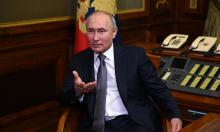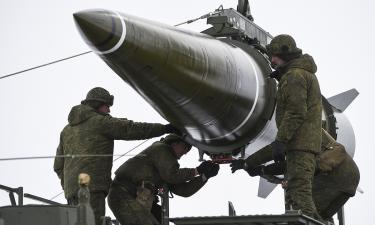Australia to grant patent to South Korean scientist for human embryos cloning technology
Australian officials are expected to grant a patent this week to a disgraced South Korean scientist for his disputed technology on cloning human embryos, a move that his supporters say would vindicate his work.
Hwang Woo-suk's purported breakthroughs in cloning stem cells raised hopes for developing cures to diseases such as Alzheimer's, but they were deemed fraudulent in 2005 when a key paper on the technology was found to contain fake data.
He continued to insist that his technology worked, and his team later applied for patents in some 10 countries.
Australian patent authorities decided earlier this year to give Hwang the patent, and in June issued a call for any opposition to the move. There has been no opposition and the deadline for input has expired, according to Hwang's SooAm Biotech Research Foundation in South Korea.
An official with the Australian patent agency, IP Australia, confirmed that there had been no opposition to the application and that the patent was to be granted Thursday. She declined to give her name, saying she was not authorized to speak to media.
IP Australia said it would explain later in the week why it decided to grant the patent, despite the questions over Hwang's work.
"This shows that Hwang's achievements, disparaged at home, are being acknowledged abroad. The truth is becoming known," said SooAm adviser Hyun Sang-hwan, who also works as a veterinary professor at Chungbuk National University in South Korea.
Australia would be the first country to grant Hwang a patent in his work in the controversial field of human cloning. The patent would mean anyone in Australia using Hwang's technology to produce medicine must pay a royalty, said Kim Soon-woong, a patent agent for SooAm.
Hwang's former colleagues later announced they successfully created the world's first known cloned dog in 2005 - an achievement that was independently confirmed.
Lyle Armstrong, a stem cell biology expert at the Institute of Human Genetics at Britain's Newcastle University, said Australia may have scientific reasons for patenting Hwang's technology. He said newer methods of cloning human embryos have been developed since Hwang's claim of a breakthrough but are far more expensive.
However, "there will always be a doubt in the minds of scientists around the world: He faked it before - what's he doing now?" he said Monday.
Hwang and his former colleagues at Seoul National University had claimed in a 2004 paper in the journal Science that they had produced a human embryo through cloning - and recovered stem cells from it.
Scientists say stem cells are key to developing cures to some diseases but are difficult to produce. Hwang was the first scientist to claim success in extracting stem cells from an embryo.
In 2005, Hwang claimed in Science that he had created human embryonic stem cells genetically matched to specific patients, a technique that would have been a breakthrough because of the cell's ability to withstand rejection by the patient's immune system.
However, a Seoul National committee later declared the 2005 paper a fraud after finding faked data, and also cast doubt on his 2004 paper. Science later withdrew Hwang's both papers.
Hwang publicly apologized for faking data in the two papers but claimed he was deceived by a fellow researcher who switched his cell lines.
Hwang, stripped of his right to carry out research on cloning human embryos in South Korea, is now focusing on dogs. In June, the SooAm team announced they had created 17 clones of the endangered Tibetan mastiff.
Hwang currently is in South Korea, but SooAm adviser Hyun said he was not available for comment.
Subscribe to Pravda.Ru Telegram channel, Facebook, RSS!



